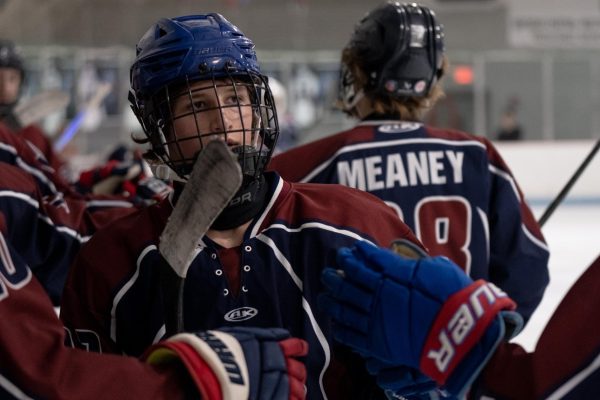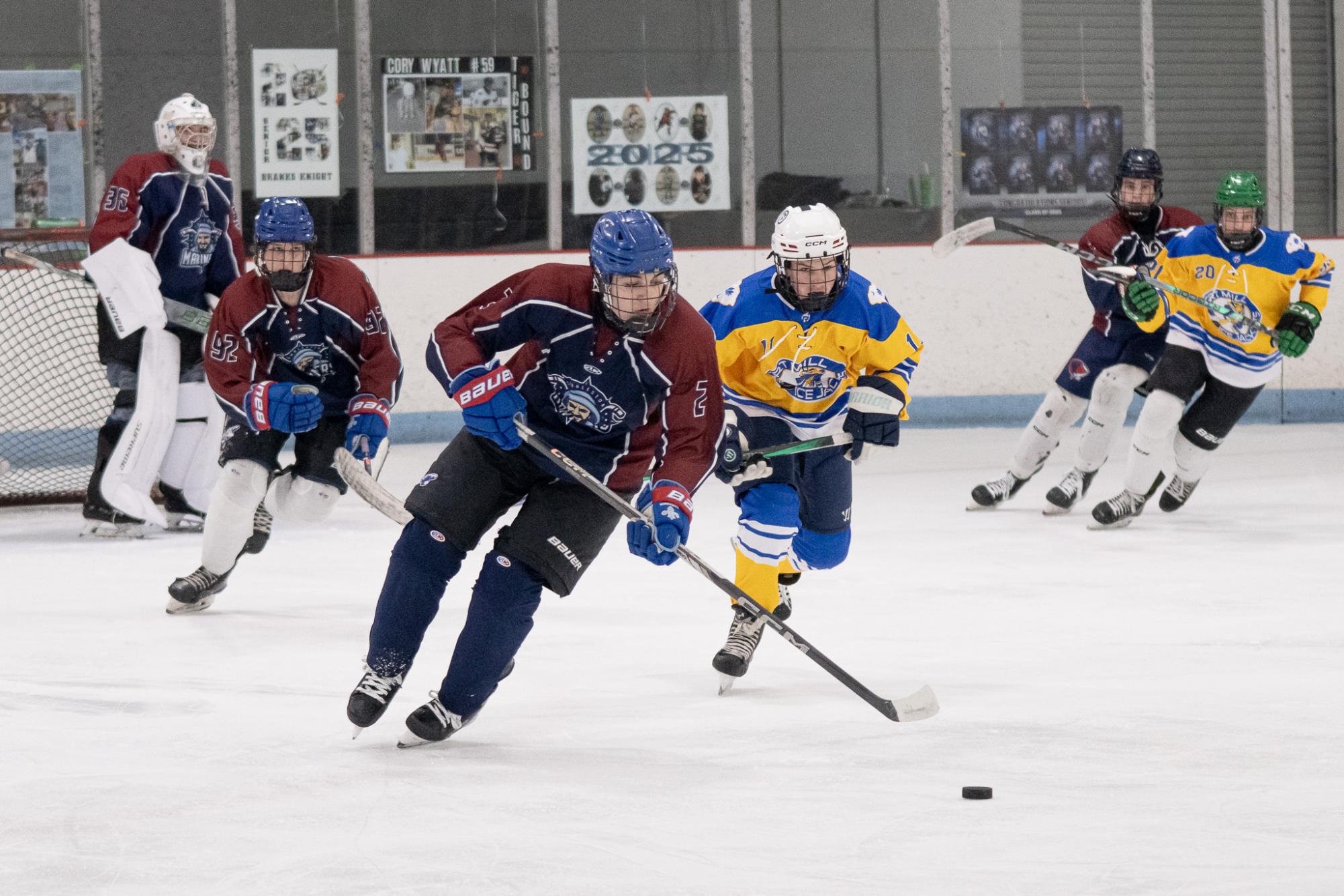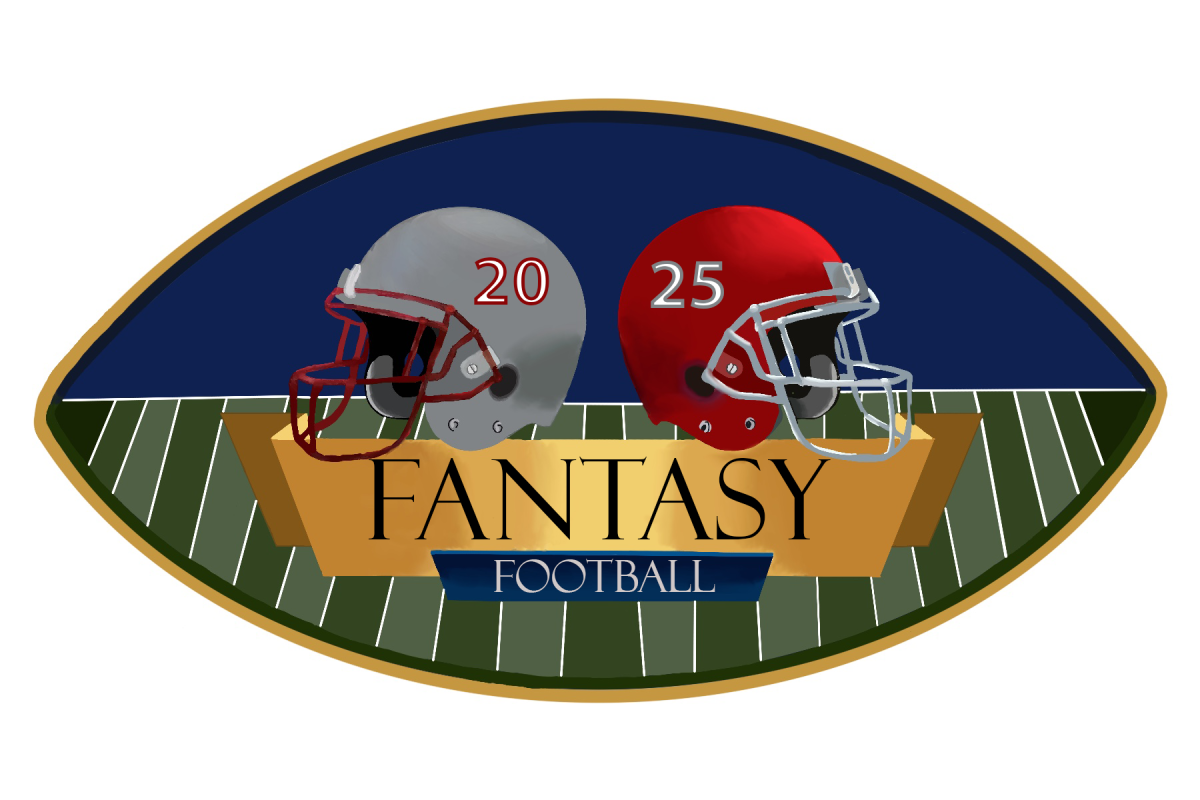Drive to the rink. Put on skates. Practice. Repeat. That is the routine that seniorAlex Kostelc has had since he was a young child.
“All I remember is getting told that I have to go to practice…[get] on skates and [start practicing],” Kostelc said.
However, hockey is not a year-round sport, so Kostelc had to stay in shape and prepare for the coming seasons. Luckily, he has the entire spring and summer to figure out what he needs to improve, especially if he wants to play at the college level, as that is his next step as a senior on the South Carolina Stingrays Junior League.
“[I] just gotta’ practice, make sure I put on a little bit of size before the season because what I’ve heard, it’s a lot more physical than what I’m playing now and I just have to make sure I stay in shape throughout the summer and then tryout when the season comes,” Kostelc said.
Another player for the Junior Stingrays is junior Makoto Thompson, who has been playing for the team since 2017. Thompson also aspires to play at the collegiate level and knows that in order to do this, he must be the best he can be both physically and mentally.
“Improving is always really fun, and if I were to go to a higher level, it would… force me to improve,” Thompson said.
Meanwhile, sophomore Matteo Russo, a player for the Maine Nordiques, has similar hopes for the future.
“I’ll probably commit to a college in the next two years, hopefully, and then… we’ll see where it goes from there,” Russo said.
Since Russo plays for a team in Maine, he is always traveling to places that are not one’s usual go-to tournament spot. Because of this, he and his teammates are one tightknit group.
“Mostly all my friends are hockey kids, so I’m always with them. We drive to games together, drive very far. Like last week we went 13 hours of driving from Detroit,” Russo said. “With my team, most of us are pretty close, so it’s… just a fun atmosphere to be in when we win.”
Getting to the rink is one thing; being on the ice is a whole other. To some, the atmosphere of the ice and the environment can be the scariest thing in the world, but for hockey players, it’s like a second nature.

“[When being on the ice], it’s more like an absence of feelings, like I could just focus on the game. I don’t have to focus on anything else outside of it, and it’s calming. It’s like therapy,” Kostelc said.
Hockey is one of the most cognitive sports out there, and athletic ability is just a part of it. When playing hockey, one’s mental capacity and mentality are a necessary part of the game.
“A lot of the game is mental, so you kind of just have to cope with it and… if you’re having a problem, like more than one game in a row, you talk to your coach, see how… he thinks, [and how] you should work with the problem, [and] hopefully just get better from there and move on,” Russo said.
When it comes to wins and losses, each player has a different way of taking in how the game ended.
Thompson can relate to what many other hockey players may feel.
“Whenever I win, [I’m] very happy and very proud of me and my team. My team especially. Whenever I lose, sometimes I’m still proud because sometimes you play real- ly well, but the other team is just better, and there’s nothing you can do,” Thompson said. “[Other times], you feel like you could have won if you worked a bit harder, and some- times you’re disappointed in yourself …[and] your team.”
A team is just one essential part of the game that leaves its mark. For Russo and his teammates, as hockey continues to grow in the South, the sport has become essential to their lives.
“I would say that hockey is just a love for me… it’s one of those things that I can’t live without, and if it [were] to go away today, I wouldn’t have much in my life,” Russo said.



